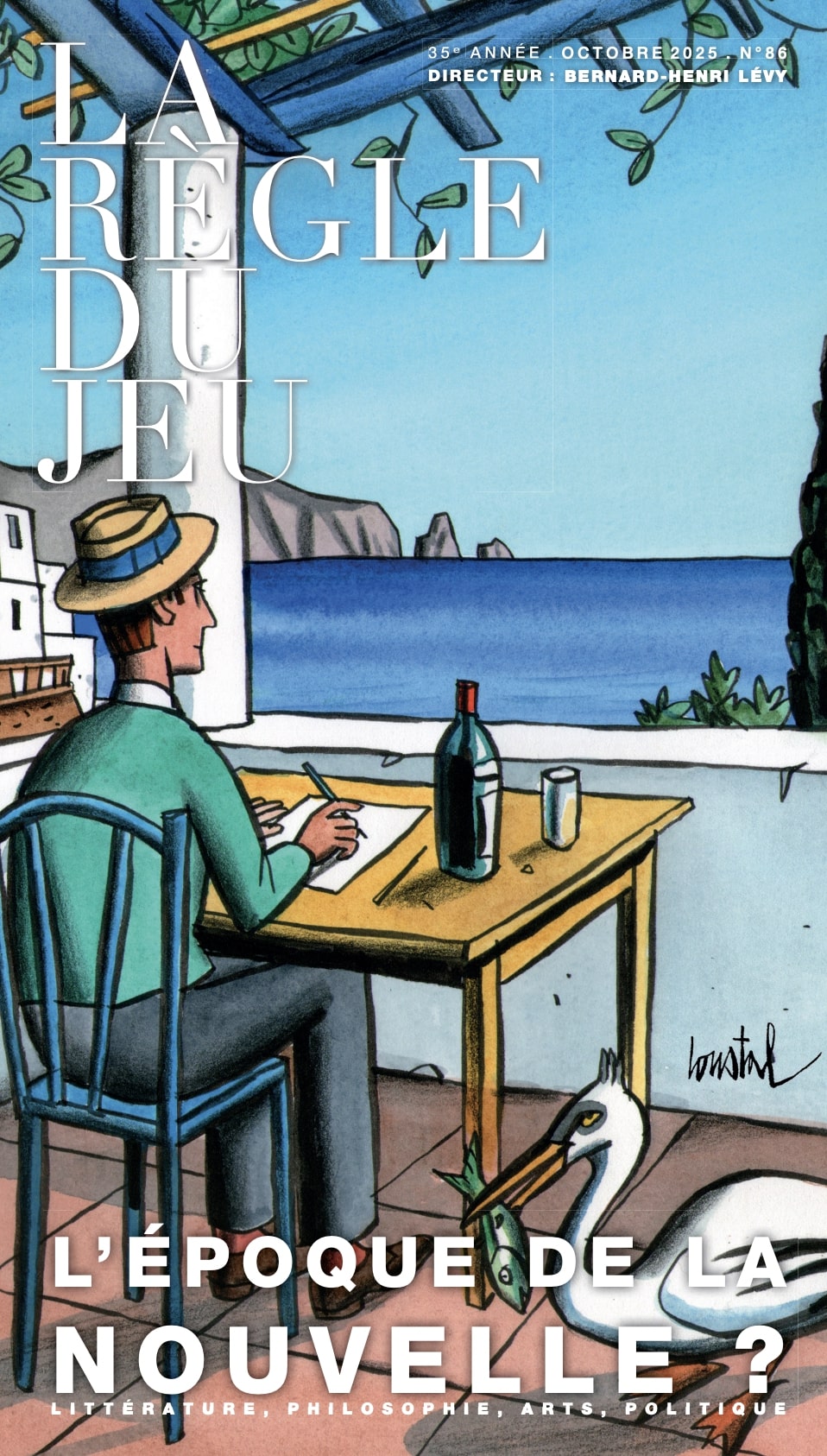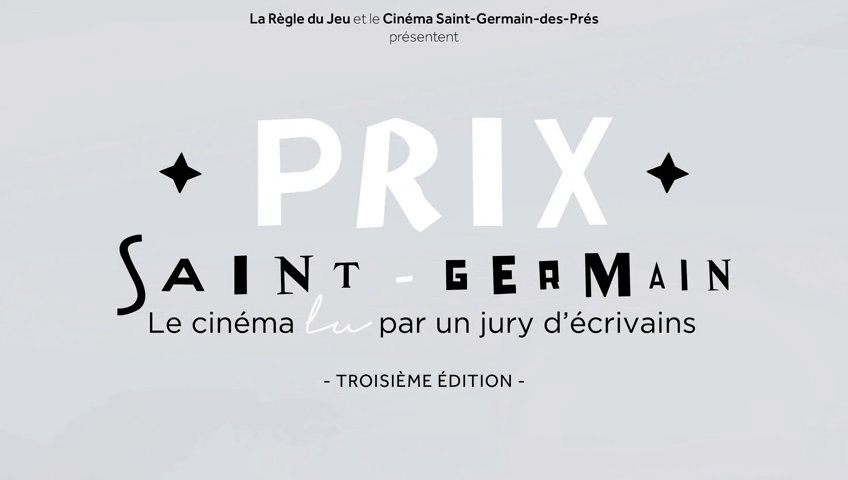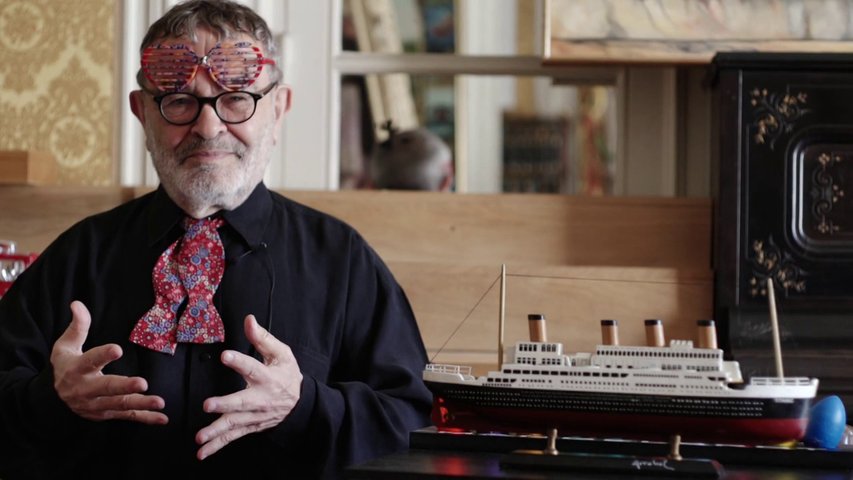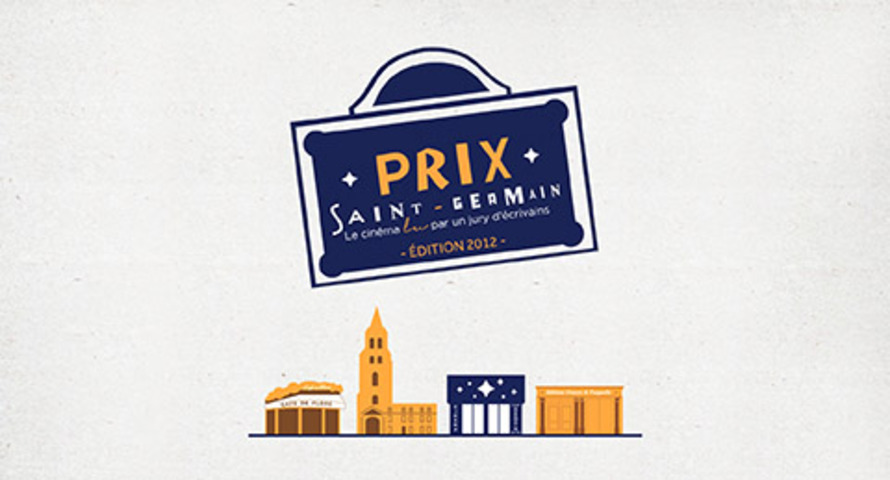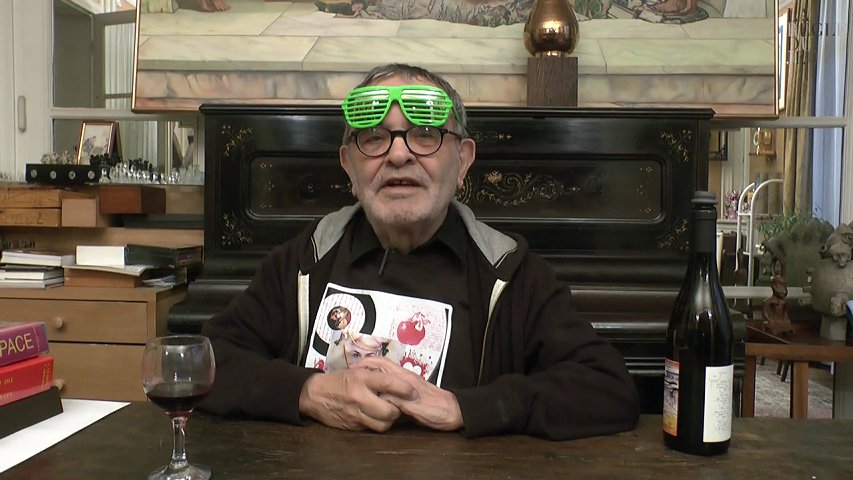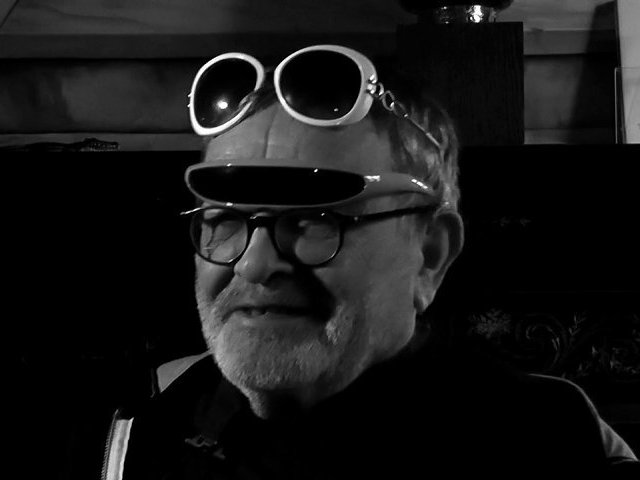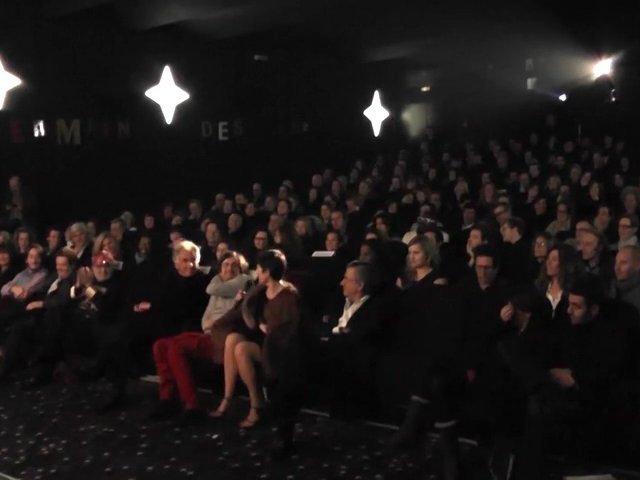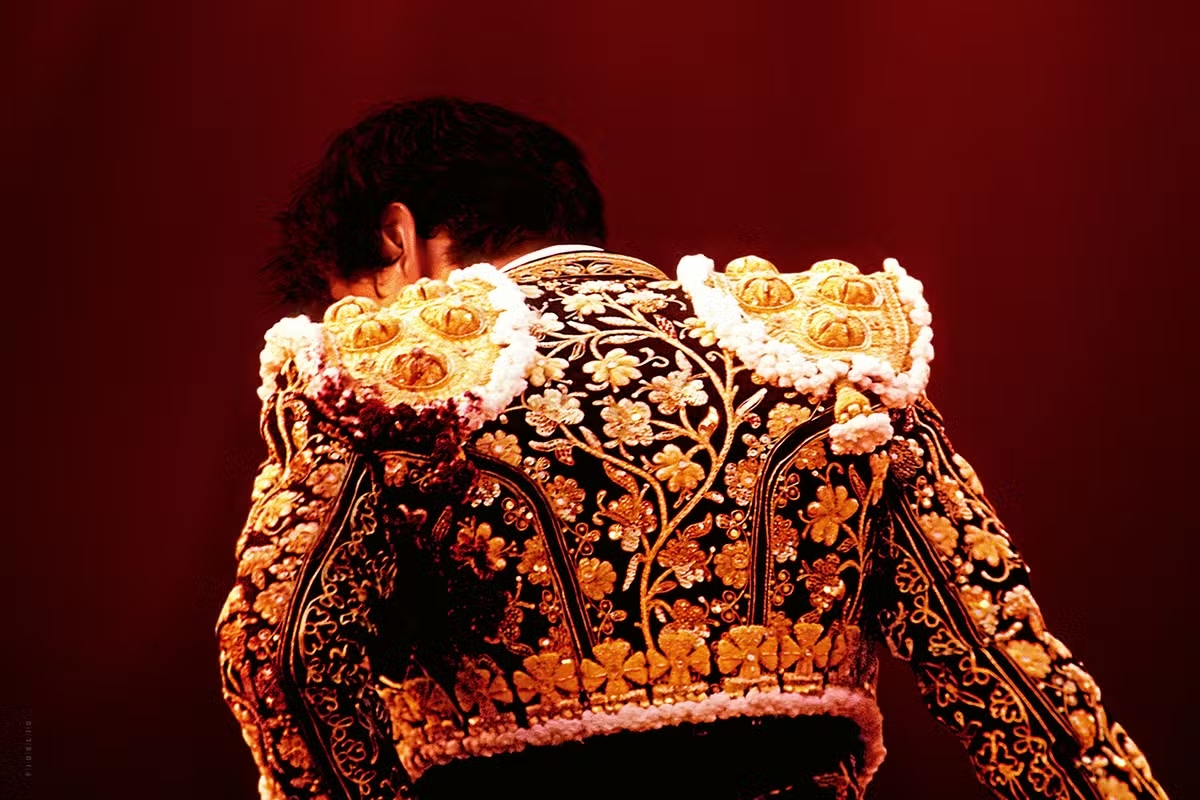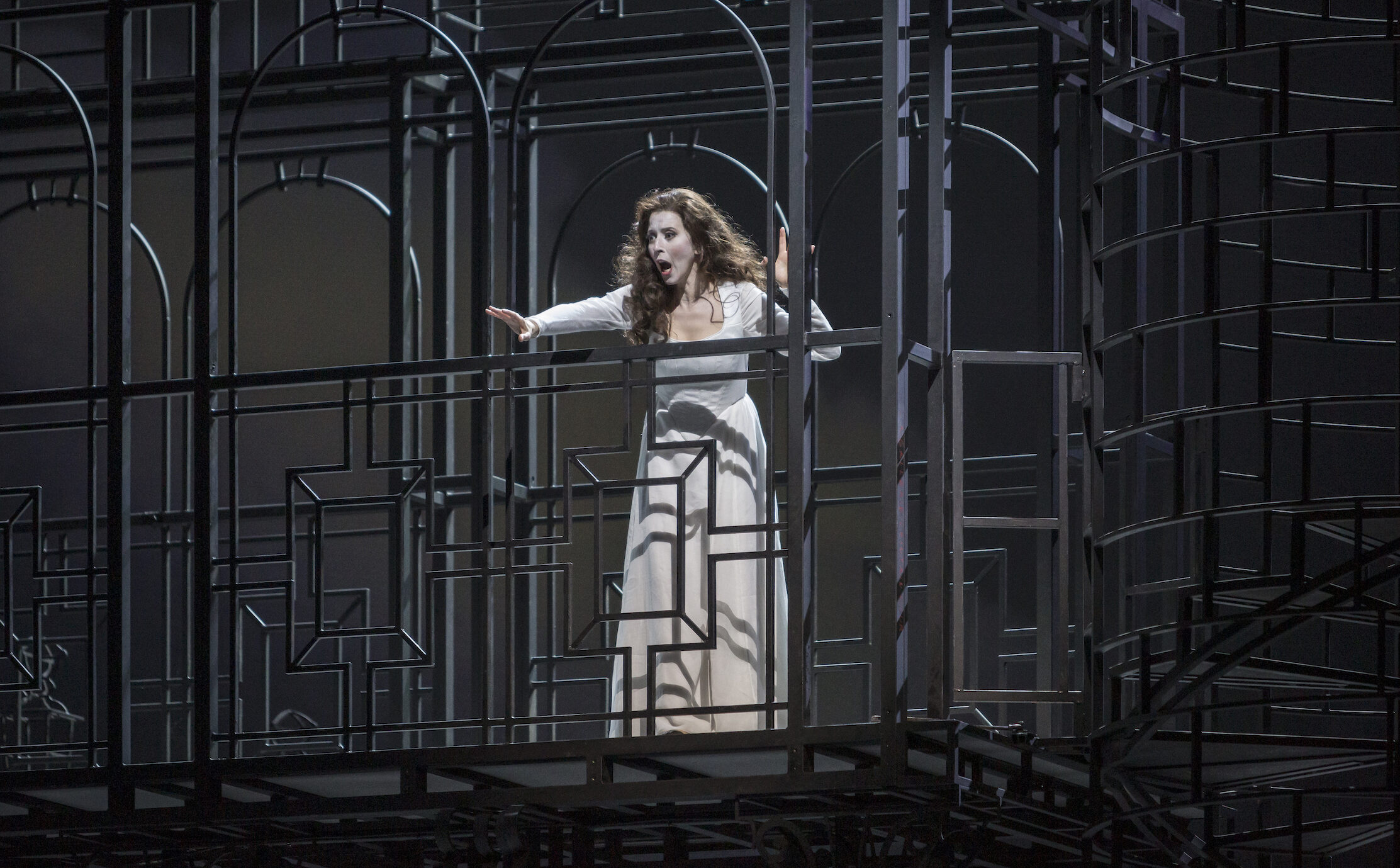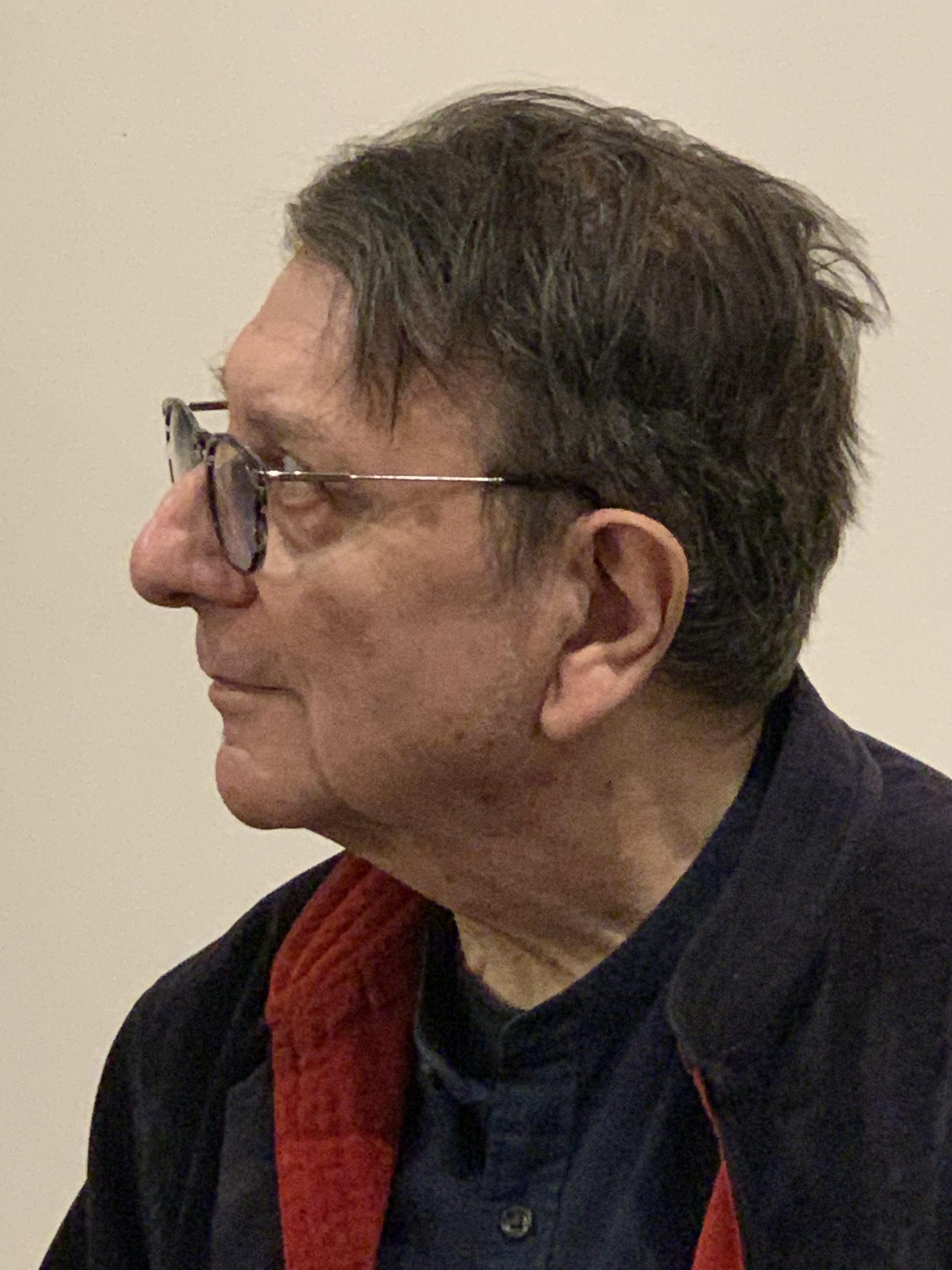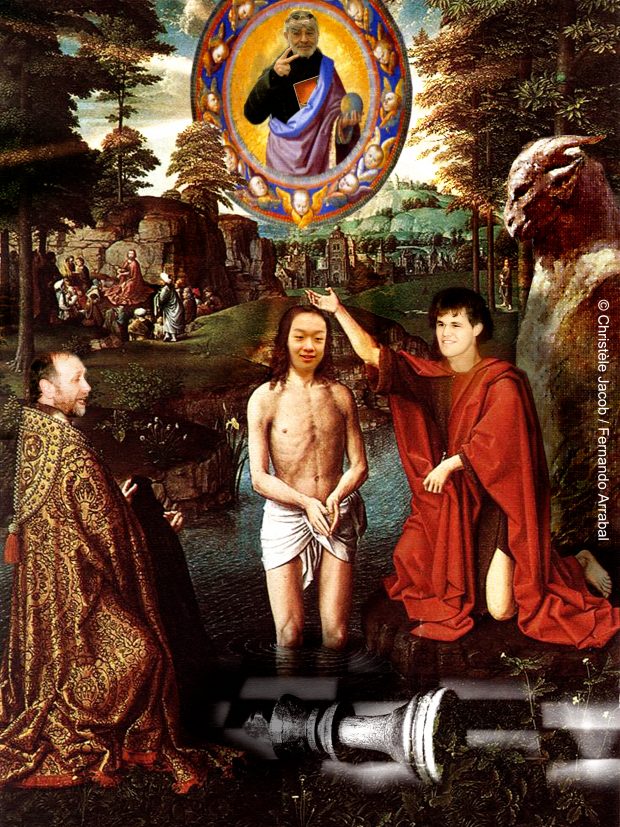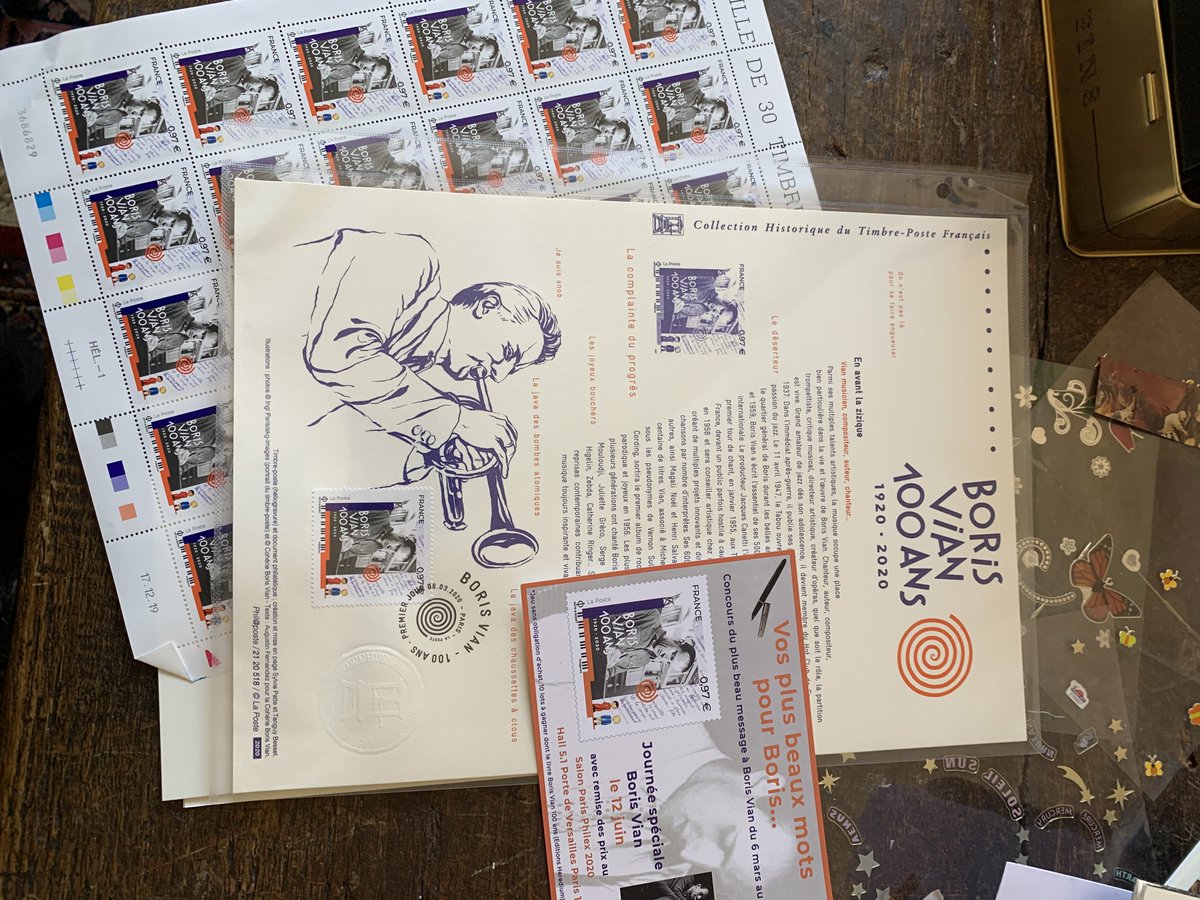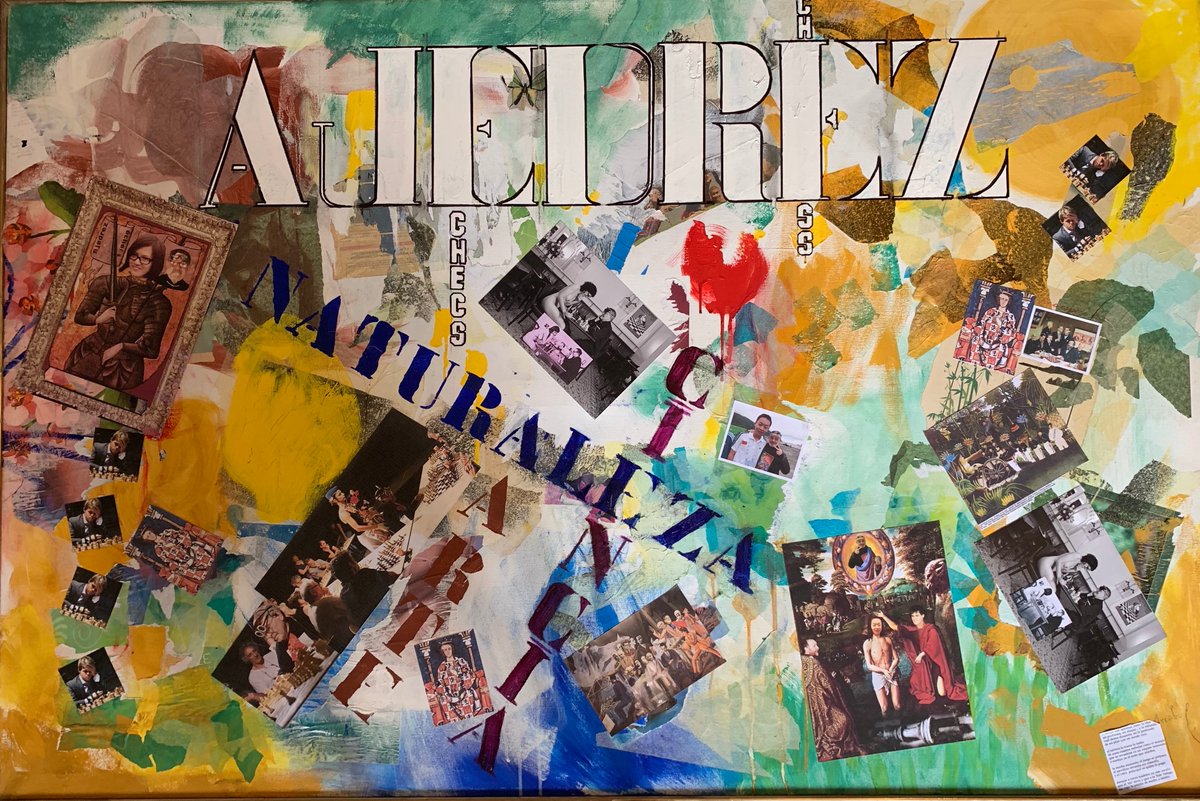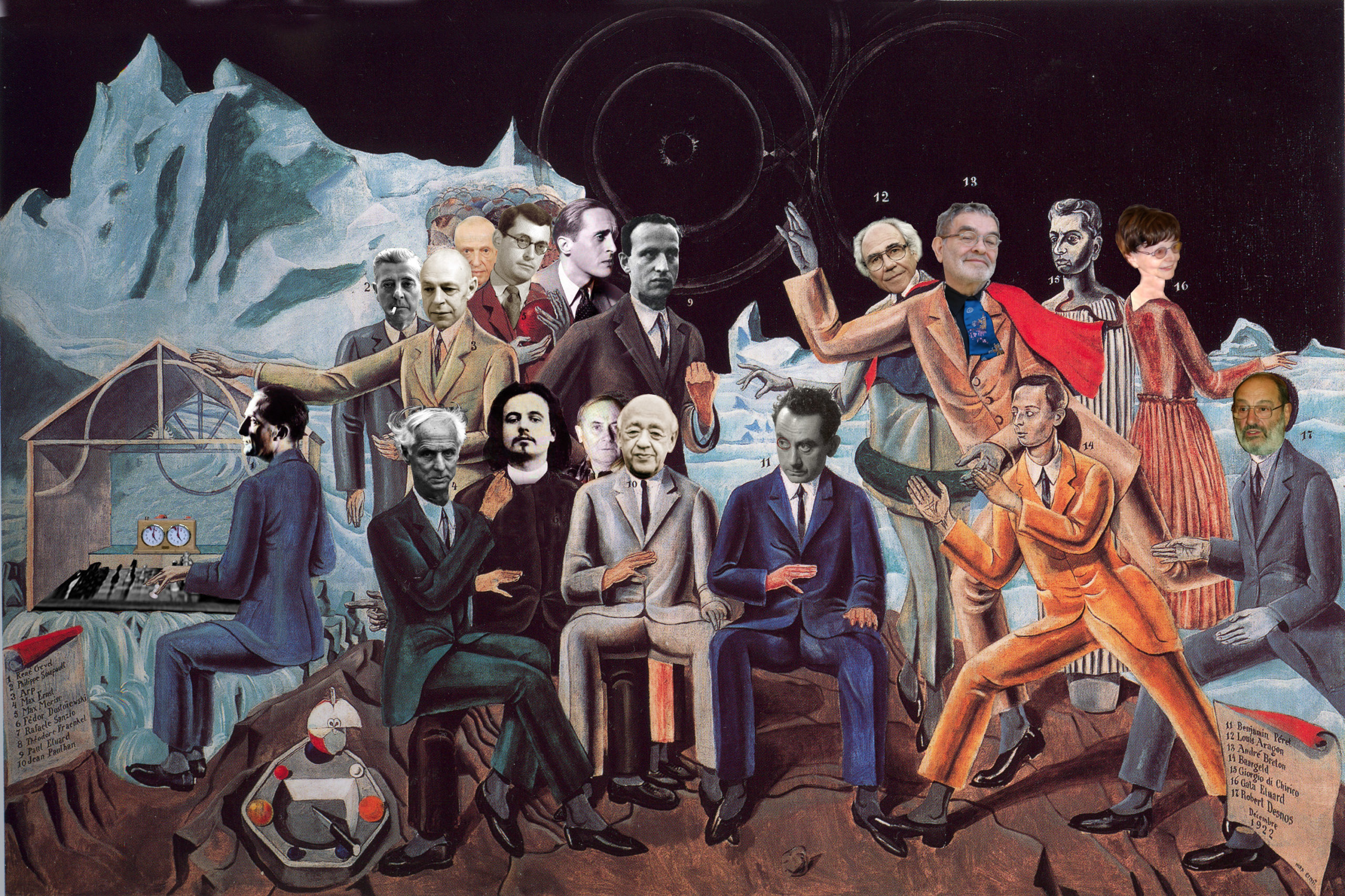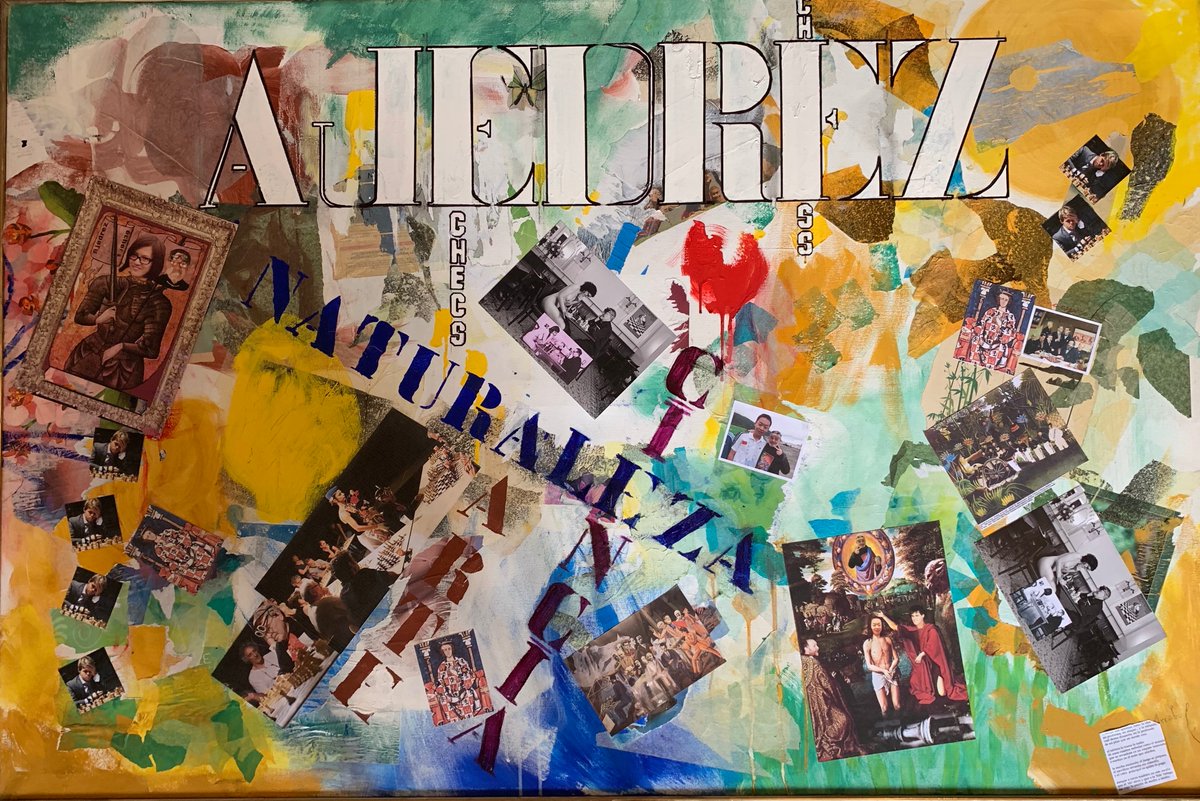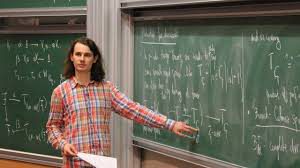
Peter Scholze, né le 11 décembre 1987 à Dresde est un mathématicien ( théorie des nombres et géométrie algébrique arithmétique).
Il est lauréat de la Médaille Fields en 2018.
Il est élève du Heinrich-Hertz-Gymnasium, lycée à l’enseignement mathématique renforcé. Encore adolescent, il gagne trois médailles d’or et une d’argent aux olympiades internationales de mathématiques. Après son Abitur en 2007, il étudie les mathématiques à l’université de Bonn. Il termine sa licence en trois semestres, sa maîtrise en deux semestres et soutient une thèse de doctorat en 2012 intitulée Perfectoid Spaces.
Publications de Peter Scholze (« Perfectoid spaces », vol. 116, no 1, 2012, p. 245-313 — Texte de la thèse de doctorat):
- Peter Scholze et Jared Weinstein, « Moduli of p-divisible groups », Cambridge Journal of Mathematics, vol. 1, no 2, 2013, p. 145-237
- Peter Scholze, « Perfectoid spaces : a survey », dans Current developments in mathematics, Somerville, MA, Int. Press, 2013 , p. 193-227
- Peter Scholze, « The Langlands-Kottwitz method and deformation spaces of p-divisible groups », Journal of the American Mathematical Society, vol. 26, no 1, 2013, p. 227–259
- Peter Scholze et Sug Woo Shin, « On the cohomology of compact unitary group Shimura varieties at ramified split places », Journal of the American Mathematical Society, vol. 26, no 1, 2013, p. 261–294
- Peter Scholze, « P-adic Hodge theory of rigid analytic spaces », Forum of Mathematics, vol. 1, 2013, e1,77
- Peter Scholze, « The Langlands-Kottwitz approach for some simple Shimura varieties », Inventiones Mathematicae, vol. 192, no 3, 2013, p. 627-661.
- Peter Scholze, « The Local Langlands Correspondence for {\displaystyle GL_{n}}
over p-adic fields », Inventiones Mathematicae, vol. 192, no 3, 2013, p. 663-715.
- Peter Scholze et Bhargav Bhatt, « The pro-étale topology for schemes », Astérisque, no 369, 2015, p. 99-201.
- Peter Scholze, « On torsion in the cohomology of locally symmetric spaces », Annals of Mathematics, vol. 182, no 3, novembre 2015, p. 945-1066.
 Peter Scholze,
Peter Scholze, Con 17 años tocaba el bajo en un grupo de rock, con 24 se convirtió en el catedrático más joven de la historia de Alemania —tras estudiar la carrera de Matemáticas en solo año y medio— y con 27 rechazó un premio New Horizons para jóvenes matemáticos prometedores, dotado con 100.000 dólares. Hoy, con 30 años, es uno de los cuatro investigadores reconocidos con la medalla Fields, considerada como un premio Nobel para matemáticos menores de 40 años. Los otros tres ganadores son el iraní Caucher Birkar, el australiano Akshay Venkatesh y el italiano Alessi Fegalli.
